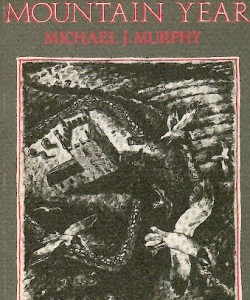Moving slowly over the crest of a gentle hill, man, horse and plough are silhouetted against the evening sky. They seem like shadowy ghosts from a dim era that have returned as a quiet reminder to a world dominated by and crazed about speed.
We cannot put back the clock: but it does seem wrong now to associate ploughing with the tractor and the petrol engine: impossible not to feel moved by that scene, with horses straining, their nostrils quivering and blowing out huge trumpets of vapour: to be without the creak of leather harness, straining team and the voice of the ploughman directing the team … and of the plough itself, as the board scrapes against the rising, turning sod.
Without the plough, Empires would crash and Kings would die: for the song of the plough is a song of life. Perhaps that is why poets and artists never tire of depicting plough and ploughman, and the obedient teams.
“Lily? … Hop off, mare! … What are yeh doing, Daisy? … Up on it. Get outa that, ponies – Ah- h… ! Lily! … Daisy! … Come ‘ere now! Come ‘ere with yous !”
When one joins a ploughman and takes a ‘scrape’ it is impossible to escape the symbolism which the turning earth stirs in one’s mind. A rare feeling of the awful importance of the humble task really sings in one’s blood.
The earth is so conservative: and landsmen just as conservative as a result.
… more later …
